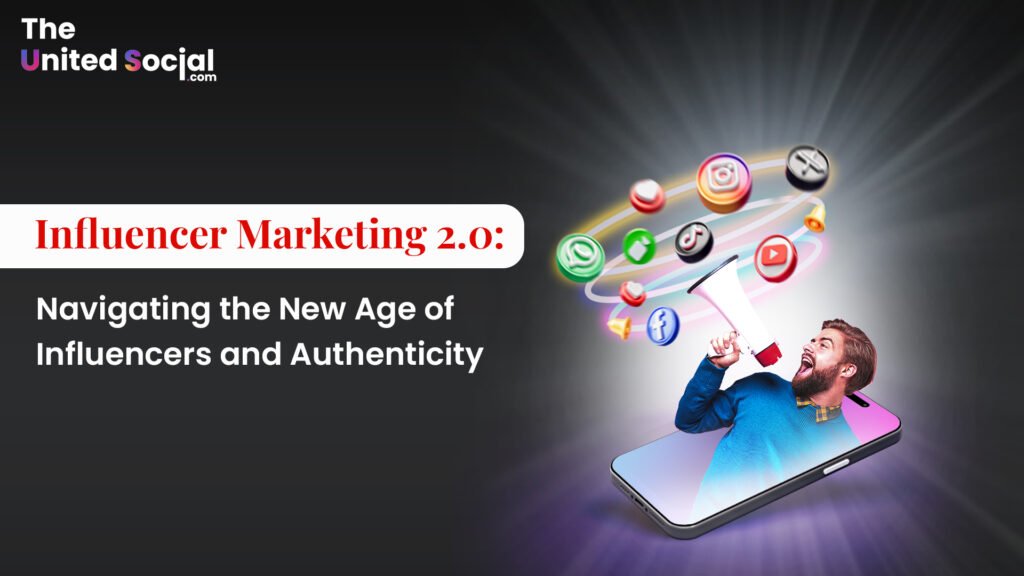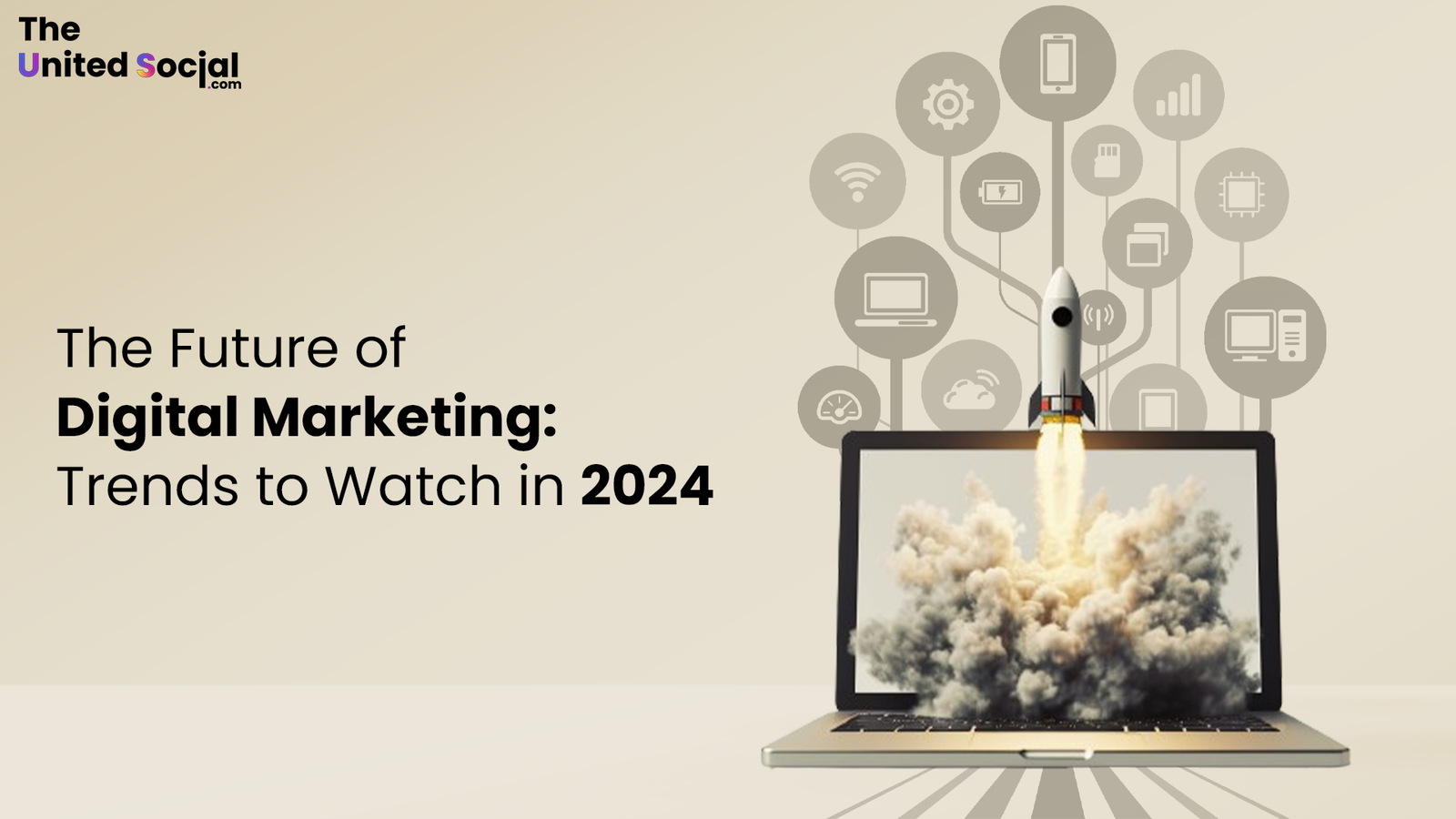Influencer Marketing 2.0: Navigating the New Age of Influencers and Authenticity
Influencer marketing has evolved dramatically in recent years, marking the emergence of Influencer Marketing 2.0. As consumers become more discerning, brands are recognizing the importance of authenticity in their partnerships with social media influencers. This shift is reshaping how businesses approach digital marketing strategies.
The Rise of Authenticity
Today’s consumers are more sceptical than ever about traditional advertising. They crave genuine connections and transparent interactions. This trend has led to a new breed of influencer—those who prioritise authenticity over follower count. Brands are now seeking social influencers who genuinely resonate with their target audience, fostering trust and loyalty.
Micro and Nano Influencers
As part of this shift, many brands are turning to micro and nano influencers. These influencers, typically with smaller but highly engaged followings, often have more authentic relationships with their audiences. Collaborating with these influencers can lead to higher engagement rates and more meaningful interactions, making them invaluable assets in a brand’s digital marketing strategy.
Content Co-Creation
Another aspect of Influencer Marketing 2.0 is the trend of content co-creation. Brands are increasingly involving influencers in the creative process, allowing them to produce authentic content that aligns with their personal style and voice. This collaboration not only enhances the authenticity of the message but also results in richer, more relatable content that resonates with audiences.
Leveraging Social Platforms
As platforms evolve, so do the methods for engaging with audiences. Brands need to stay ahead by understanding where their target audience spends time and what types of content they prefer. Whether it’s short-form videos on TikTok or Instagram Stories, adapting to these platforms is crucial. Effective digital marketing strategies now hinge on agility and creativity, as well as a deep understanding of social media trends.
Measuring Success Beyond Metrics
With the rise of authenticity, the metrics for measuring influencer success are changing. Instead of focusing solely on likes and follows, brands are now evaluating the impact of influencer campaigns based on engagement, audience sentiment, and conversion rates. This holistic approach provides a clearer picture of an influencer’s effectiveness and the value they bring to a brand.
Conclusion
Navigating the new age of influencer marketing requires a focus on authenticity, engagement, and adaptability. As brands seek to build genuine connections with their audiences, embracing the principles of Influencer Marketing 2.0 will be essential. By partnering with the right influencers and prioritising meaningful interactions, brands can enhance their digital marketing efforts and drive long-term success.


